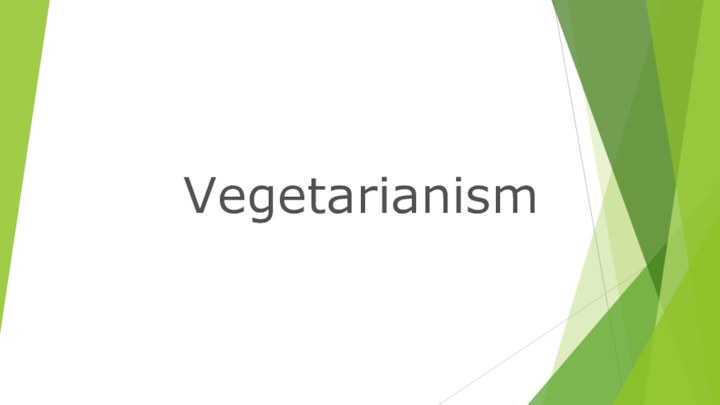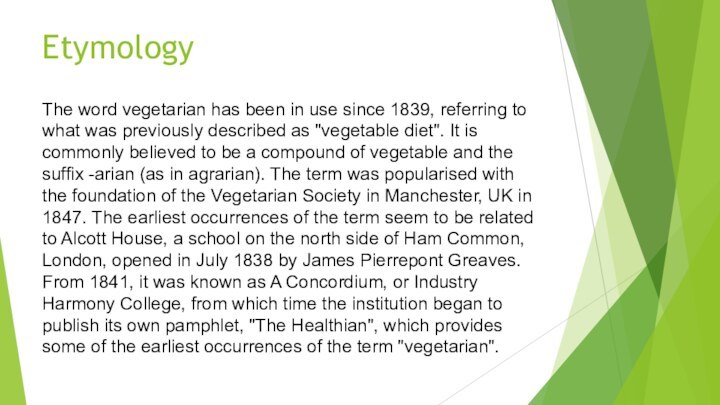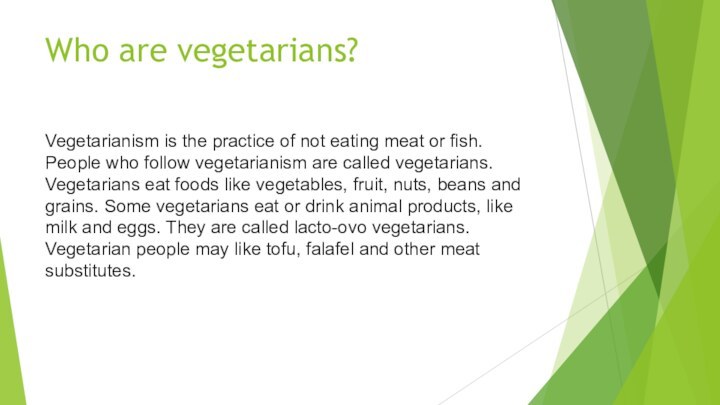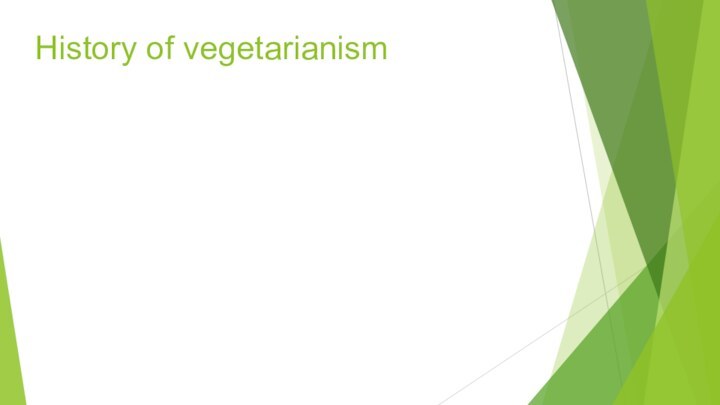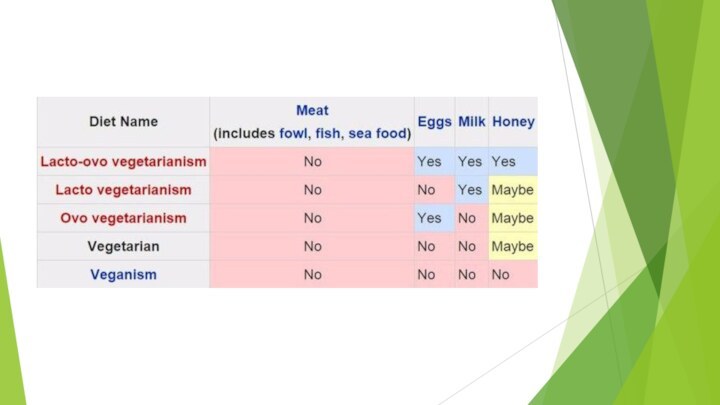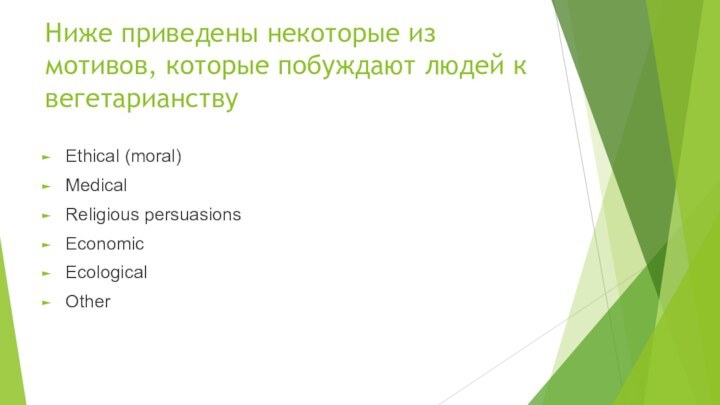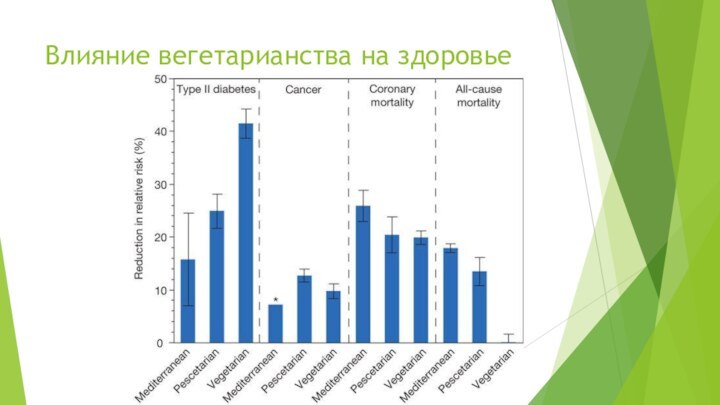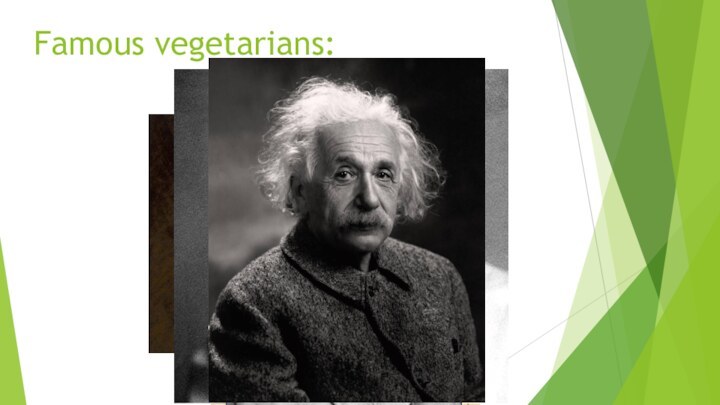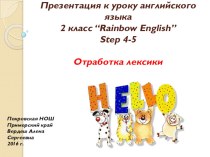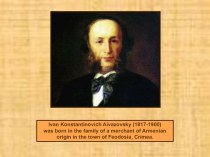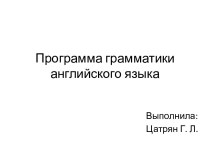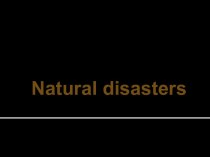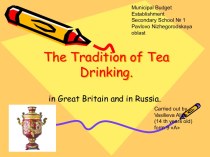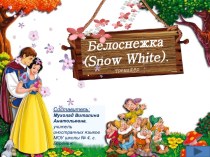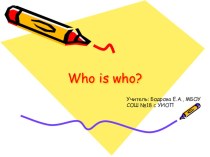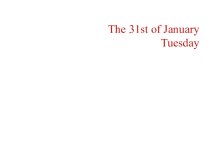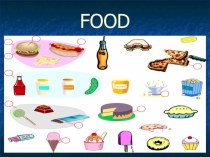- Главная
- Разное
- Бизнес и предпринимательство
- Образование
- Развлечения
- Государство
- Спорт
- Графика
- Культурология
- Еда и кулинария
- Лингвистика
- Религиоведение
- Черчение
- Физкультура
- ИЗО
- Психология
- Социология
- Английский язык
- Астрономия
- Алгебра
- Биология
- География
- Геометрия
- Детские презентации
- Информатика
- История
- Литература
- Маркетинг
- Математика
- Медицина
- Менеджмент
- Музыка
- МХК
- Немецкий язык
- ОБЖ
- Обществознание
- Окружающий мир
- Педагогика
- Русский язык
- Технология
- Физика
- Философия
- Химия
- Шаблоны, картинки для презентаций
- Экология
- Экономика
- Юриспруденция
Что такое findslide.org?
FindSlide.org - это сайт презентаций, докладов, шаблонов в формате PowerPoint.
Обратная связь
Email: Нажмите что бы посмотреть
Презентация на тему Vegetarianism
Содержание
- 2. EtymologyThe word vegetarian has been in use
- 3. Who are vegetarians?Vegetarianism is the practice of
- 4. History of vegetarianism
- 6. Ниже приведены некоторые из мотивов, которые побуждают людей к вегетарианству Ethical (moral)MedicalReligious persuasions EconomicEcologicalOther
- 7. Влияние вегетарианства на здоровье
- 8. Скачать презентацию
- 9. Похожие презентации
EtymologyThe word vegetarian has been in use since 1839, referring to what was previously described as "vegetable diet". It is commonly believed to be a compound of vegetable and the suffix -arian (as in agrarian). The
